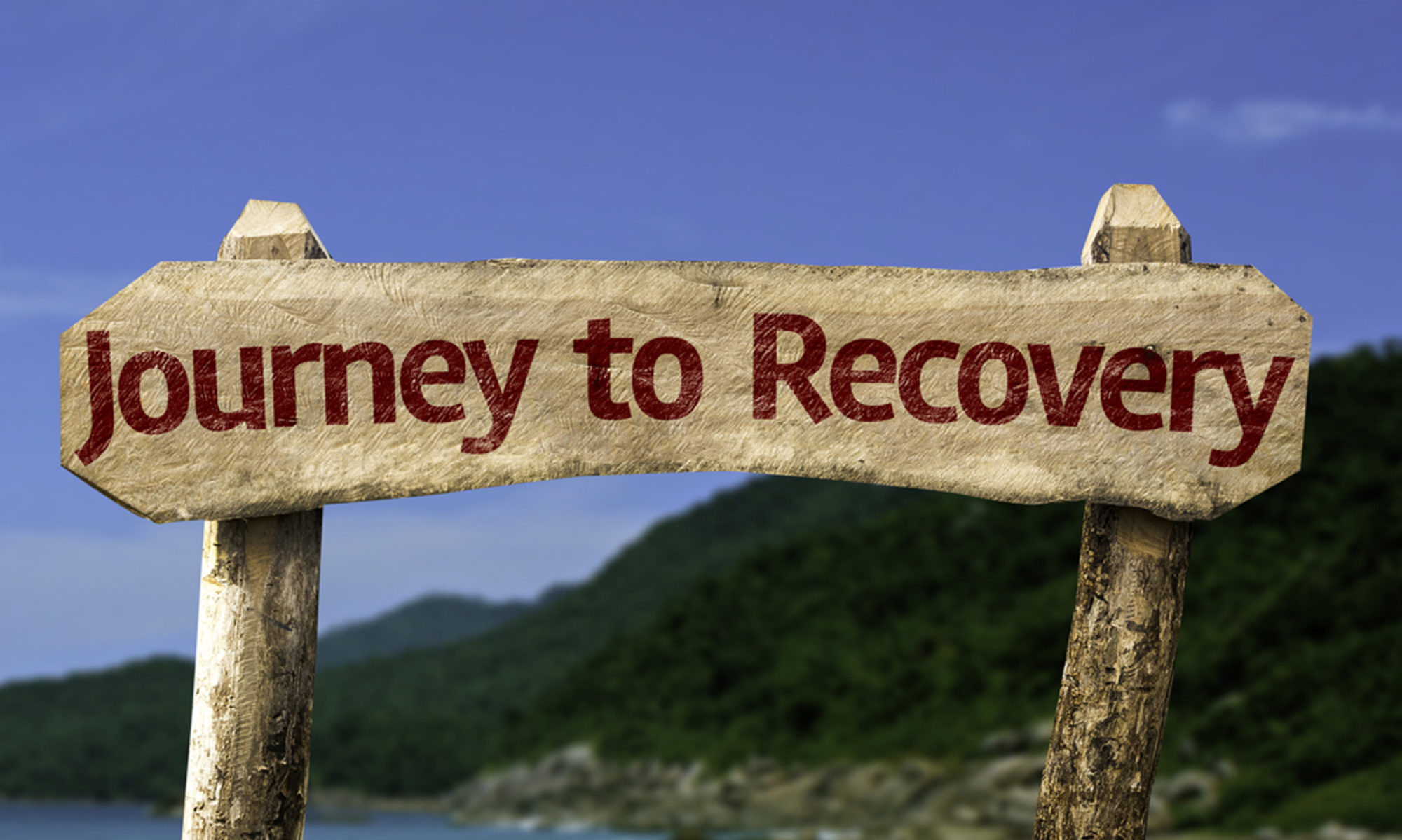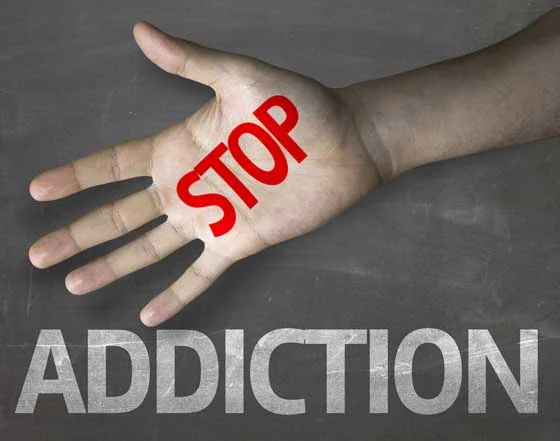
Addiction often begins in the shadows—shadows of trauma, grief, mental illness, or despair. It isolates individuals, stripping away hope and connection. But for many, the journey doesn’t end in darkness. Across the world, people are rising from the depths of addiction and reclaiming their lives, proving that with support, determination, and belief, recovery is possible.
Emerging from the Abyss
Every recovery story is unique, but they often share a common thread: a turning point. For some, it’s a near-death experience; for others, it’s the birth of a child, a moment of clarity, or the encouragement of a loved one.
Take Maria, for example. Trapped in a cycle of methamphetamine use for over six years, she lost custody of her children and was living on the streets. Her turning point came after an overdose that landed her in the hospital. During her stay, a compassionate nurse connected her to a women-focused recovery center. It was there that Maria slowly began to rebuild her sense of self-worth, eventually earning back custody and becoming a certified addiction counselor.
The Role of Second Chances
Renewal is often made possible through second chances—not just from others, but from within. Institutions like drug courts, sober living homes, and harm reduction programs offer the structure and opportunity for people to get back on their feet.
James’s story illustrates this. A former high school athlete, he became addicted to opioids after a sports injury. Years of substance use led to legal trouble and time in jail. Instead of sentencing him to more prison time, the court referred him to a drug rehabilitation program. With therapy, group support, and vocational training, James found purpose again. Today, he runs a nonprofit that provides sports and mentorship programs for at-risk youth.
Healing Through Connection
Addiction thrives in isolation, but recovery flourishes through connection. Whether through peer support groups like Alcoholics Anonymous, family reunification, or community service, building meaningful relationships is often key to lasting sobriety.
Ella, a recovering alcoholic, found her lifeline in a local support group. After losing her job and struggling with depression, she began attending weekly meetings. There, she not only found understanding and empathy, but also lifelong friends who continue to walk with her in her journey. Today, she leads group meetings, helping others who are just beginning their path to recovery.
A Light for Others
Many who recover from addiction go on to inspire and uplift others. Their stories serve as a beacon for those still struggling. They show that recovery is not just about abstinence—it’s about transformation, purpose, and hope.
These stories are reminders that even in the darkest moments, light is possible. With the right resources, compassionate support, and a willingness to change, individuals can move from pain to purpose, from despair to hope.
Conclusion
From darkness to light, recovery stories illuminate the incredible resilience of the human spirit. They are proof that no matter how far someone has fallen, renewal is within reach. In sharing these stories, we foster understanding, reduce stigma, and build a world where recovery is not just possible, but celebrated.

